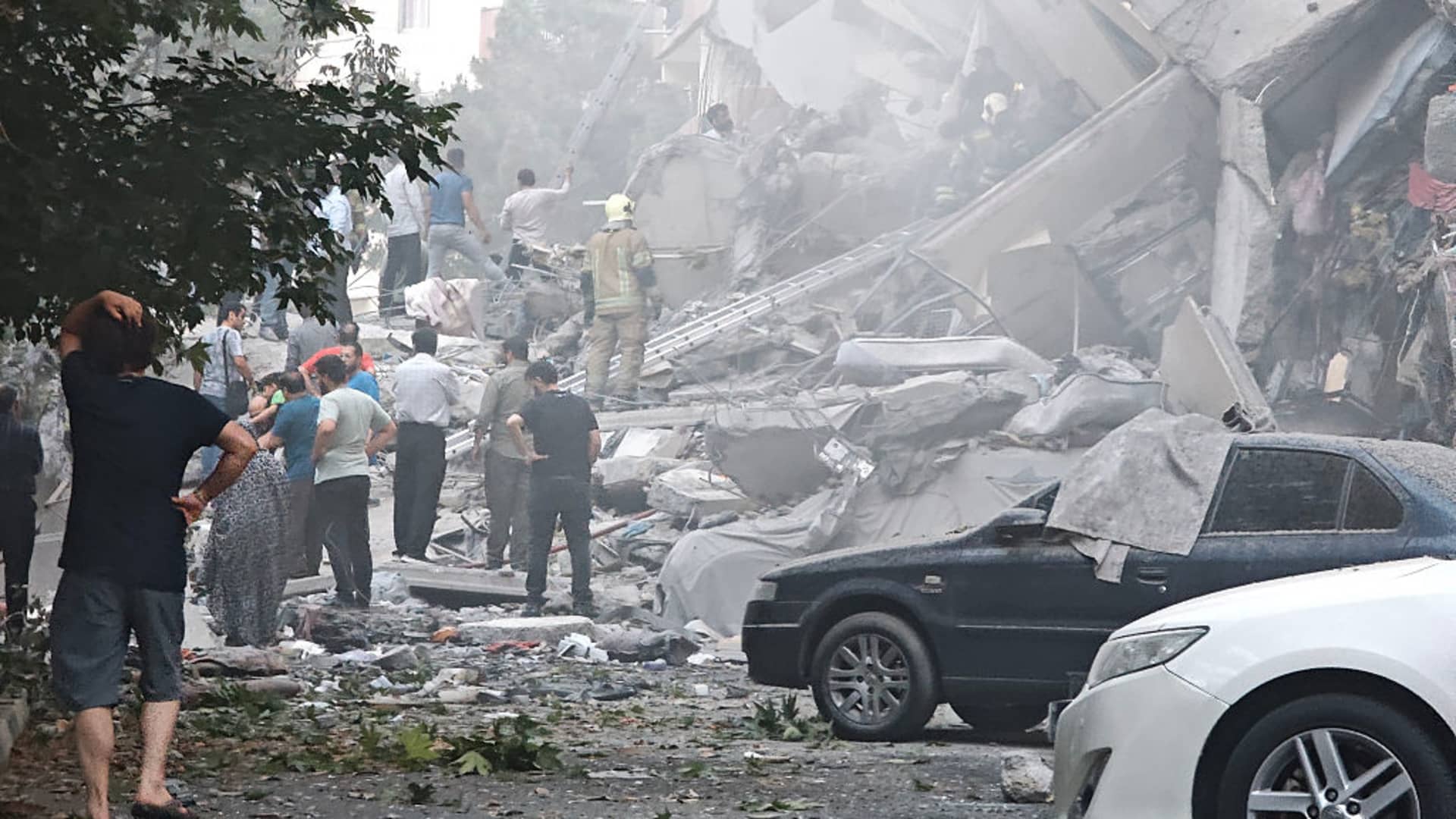Unpacking the Global Response to Israel’s Strikes on Iran: A Complex Geopolitical Landscape
The recent Israeli airstrikes against more than a hundred Iranian nuclear and military facilities have rippled through the international arena, sparking a multifaceted and urgent dialogue about security, diplomacy, and regional stability. This episode is far from a simple clash; it’s a high-stakes maneuver in a volatile Middle East, reverberating across political, military, and humanitarian domains worldwide.
The Scale and Significance of the Israeli Operations
Israel’s deployment of roughly 200 jets to dismantle key aspects of Iran’s nuclear infrastructure and military leadership signifies an unprecedented escalation. Prime Minister Benjamin Netanyahu framed the attacks as historic and essential to stymie Iran’s nuclear dreams. Notably, the operation struck beyond mere buildings, targeting senior military figures which drastically increases the gravity of this engagement.
This assertive posture isn’t merely tactical—it’s a statement of intent from Israel, underscoring deep-seated fears about Iran’s capabilities and intentions. Striking at top-tier military personnel creates a new dimension of risk, signaling a potent mix of military precision and strategic deterrence.
Bipolar Immediate Responses: Defiance and Retaliation
Israel’s declaration that the campaign will persist “for days” casts a shadow of sustained conflict rather than a brief encounter. Presenting the strikes as pre-emptive and defensive consolidates Israel’s narrative of national security imperative.
Counterbalancing this, Iran’s vehement condemnation and vow of forceful retaliation highlight the deepening cycle of confrontation. The loss of senior military officials drives Iran’s response strategy into a more aggressive posture, amplifying the stakes for both nations and the region.
The Global Chorus: Calls for Calm Amid Crisis
The world’s reaction predominantly orbits around urging restraint and emphasizing diplomacy as the pathway out of potential chaos. The United Nations Secretary-General’s call to return to dialogue underscores a widespread fear of descend into full-blown conflict.
Prominent global actors navigate a careful line:
– United States adopts a cautious stance, affirming protection of its interests without engaging directly in hostilities.
– United Kingdom, through Prime Minister Keir Starmer, stresses de-escalation and the critical nature of diplomatic engagement.
– European and Australian leaders echo concerns over destabilization, advocating measured, responsible responses.
– United Nations pushes for an immediate halt to violence to prevent spillover.
This concordance reveals a broad consensus about the fragile security environment and the paramount importance of avoiding further escalation.
Regional Focus: Navigating Tension and Alliances
The strikes exacerbate an already unstable Middle East, layered with conflicting allegiances and ongoing confrontations involving Iranian proxies and Israeli defense concerns. The potential for the conflict to spiral threatens to redraw regional boundaries of engagement and alliance.
Neighboring countries and influential regional players find themselves at a crossroads, pressured to manage competing interests diplomatically to prevent a wider conflagration. At the same time, global powers contemplate the delicate balance between endorsing Israel’s security concerns and deterring an uncontrollable cascade into regional warfare.
Media Narratives and Domestic Political Unity
Within Israel, the strikes have momentarily bridged political divides, with opposition parties rallying behind government measures. This unity underscores the collective perception of existential threat posed by Iran’s nuclear program.
On the international stage, media portrayals balance attention between the precision and scale of the attacks and the looming humanitarian risks. Analysts voice concern over unpredictable fallout, including unintended involvement by major world powers.
Conclusion: At a Geopolitical Crossroads
Israel’s recent strikes thrust the Middle East into one of its most precarious moments in recent memory. Global appeals for restraint and negotiation illustrate a widespread acknowledgment of the high risks entailed. Israel’s framing of the offensive as a necessary self-defense measure meets Iran’s pledge of retaliation, setting the region on a knife-edge.
The forthcoming period will test the ability of the international community to manage volatility, avoid escalation, and foster dialogue. This episode epitomizes the Middle East’s enduring turbulence, offering a stark reminder of the delicate balance between national security imperatives and the pursuit of lasting peace. How this tension is handled may well define regional dynamics for years to come.

